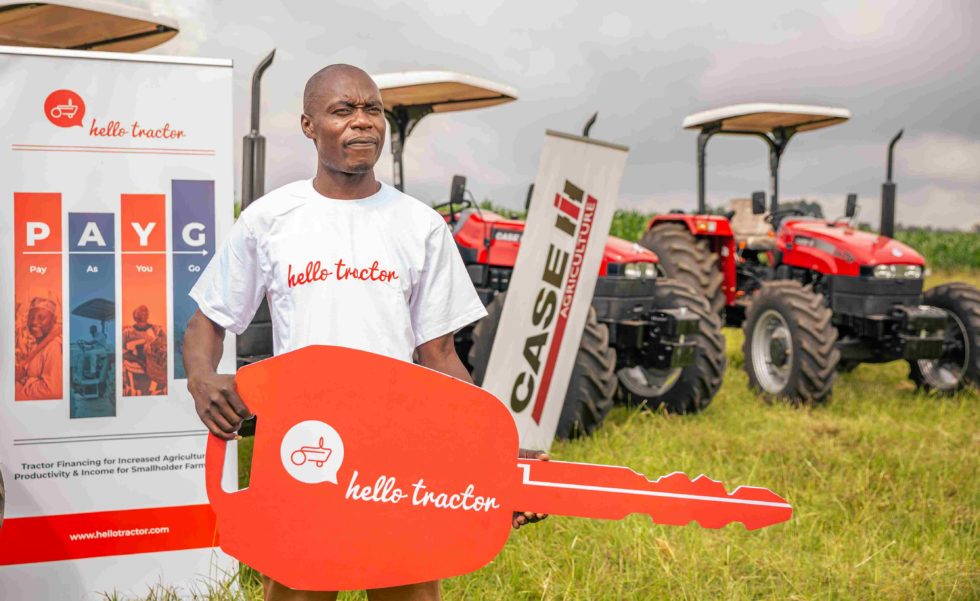- Sector : Sustainable Agriculture
- Location : kenya

Overview
The SCF is providing technical assistance (TA) to Hello Tractor, a climate-smart mechanisation platform in Kenya that enables smallholder access to efficient and low-emission tractor services through a Pay-As-You-Go (PAYG) model. Hello Tractor is considering deploying the next-generation Smart Tractor 2.0 (ST2) to be fueled by locally blended biofuels. These tractors are expected to be supported by three mechanization hubs in Kenya—in Kisumu (Ahero), Nakuru (Mauche), and Busia (Mungatsi)—that provide maintenance, spare parts, and operator training. Biofuel blending stations at these hubs will support croton-based biodiesel adoption, further reducing emissions and operating costs.
By combining IoT-enabled fleet management, decentralised service hubs, and renewable fuel infrastructure, the initiative aims to lower barriers to mechanisation, while enhancing productivity and climate resilience.
The Challenge
Mechanisation in Kenya remains out of reach for most smallholder farmers due to both financial and operational barriers. Tractors are prohibitively expensive for individual ownership and are often underutilised because of small and fragmented landholdings. Less than 2% of bank lending in Africa is directed toward agriculture, leaving farmers without access to affordable credit, spare parts, or trained service providers.
The current model of diesel-fueled mechanization is unsustainable, both financially and environmentally, and limits productivity for thousands of rural producers.
SCF’s Involvement – Technical Assistance
To support and inform the development of this project, the SCF TA Facility is commissioning a pre-feasibility study focused on foreign exchange (FX) risk management in cross-border agricultural portfolios. The study is expected to:
- Analyse volatility patterns across African currencies
- Map FX exposure across tractor financing models
- Recommend mitigation strategies
The study aims to enhance the project’s financial robustness and provide a clear framework for managing currency risks, thereby supporting capital allocation decisions and enabling the scalable deployment of climate-smart mechanization across Africa.
Our Target Impact
The project is expected to contribute to national and global sustainability goals through climate mitigation, rural job creation, and gender inclusion.
-

SDG 13 Climate Action
Diesel-powered tractors are a major source of emissions in Kenyan agriculture. The project should reduce CO₂ per acre through fuel-efficient Smart Tractor 2.0 units and the use of blended croton-based biodiesel, leading to an estimated 16% emissions reduction per tractor and 2.5 carbon credits per ton of biodiesel used.
-

SDG 8 Decent Work and Economic Growth
By reducing operational costs and improving uptime, the project should expand mechanization access while creating skilled jobs. It is expected to reduce fuel costs by 29% per liter, improve profitability for tractor owners and accessibility for farmers, and generate jobs in maintenance, training, and fuel logistics, particularly within the Kenya-based hubs.
-

SDG 5 Gender Equality
Kenya scored 0.71 in the 2022 gender gap index, indicating that women are 29% less likely to access equal economic opportunities. The project promotes inclusion by employing women as booking agents, hub staff, and operators, partnering with women-led cooperatives, and targeting at least 30% female participation in new jobs created. Gender metrics will be further assessed during due diligence in line with SCF gender policy and 2X Challenge standards.


